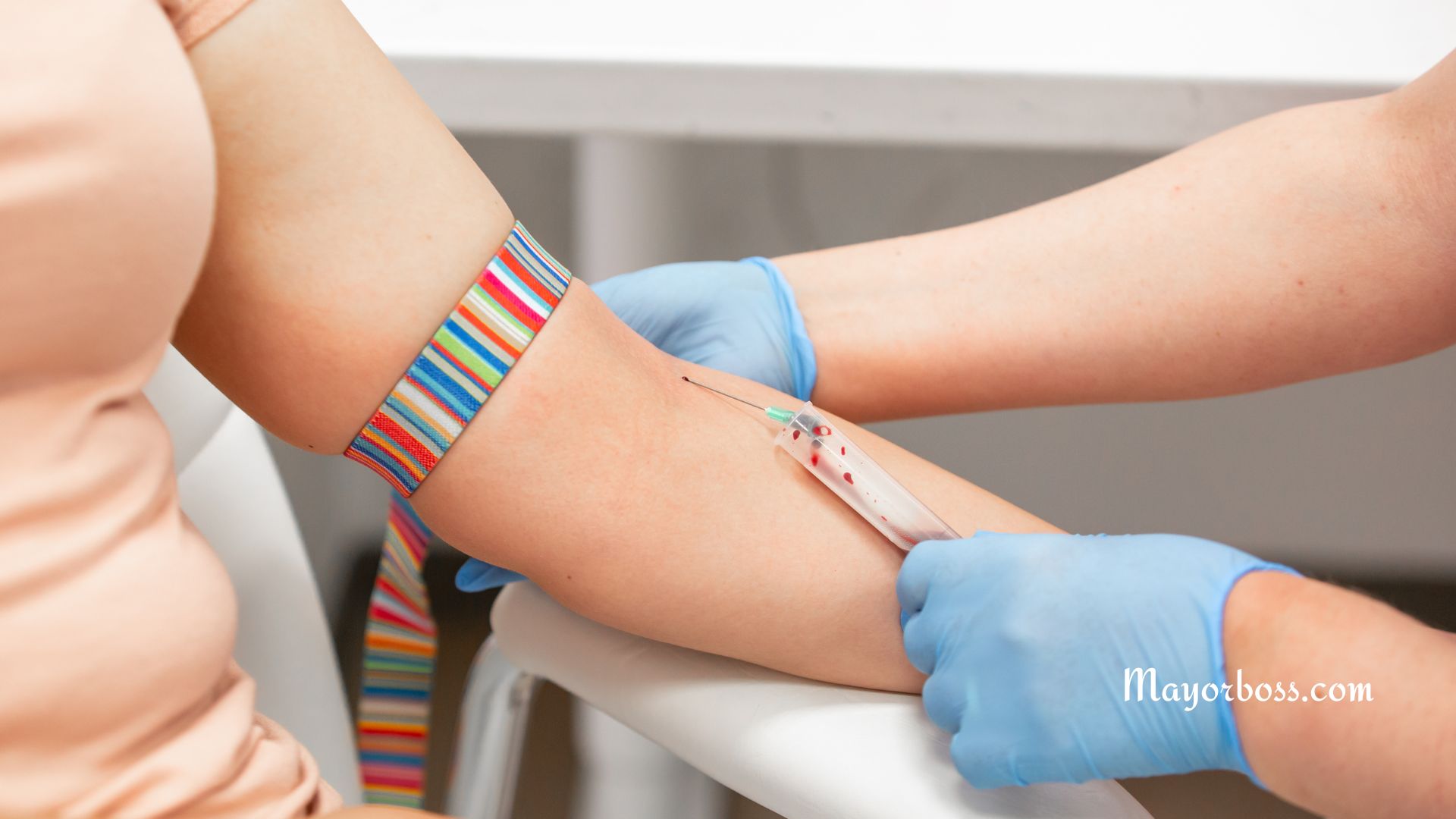What is the Immune System?
What is the immune system?
The immune system is a network of cells, tissues, and organs that work together to protect the body from foreign invaders like bacteria, viruses, and fungi. When these foreign invaders are detected, the immune system springs into action to destroy them before they can cause harm.
What are the components of the immune system?
The main components of the immune system are:
- White blood cells: These cells are the primary defenders of the immune system and include both granulocytes, such as neutrophils and macrophages, and lymphocytes, such as T cells and B cells.
- The spleen: This organ acts as a filter for the blood and is responsible for removing old or damaged red blood cells from circulation. The spleen also stores white blood cells and helps to fight infection.
- The thymus: This gland produces T cells, which are essential for the adaptive immune response.
- The lymph nodes: These small organs are located throughout the body and help to filter lymph, a fluid that carries white blood cells and other immune cells.
- The bone marrow: This tissue produces all of the different types of blood cells, including red blood cells, white blood cells, and platelets.
What are the functions of the immune system?
The immune system has several important functions:
- Recognizing and eradicating foreign invaders: The immune system is constantly on the lookout for anything that doesn’t belong in the body, whether it’s a virus, bacteria, or other foreign substance. When it finds something, it launches an attack to destroy it.
- Identifying and destroying cancer cells: The immune system is also responsible for identifying and destroying abnormal cells, such as cancer cells.
- Regulating inflammation: Inflammation is a response to injury or infection that helps to protect the body. The immune system regulates this process to make sure it doesn’t get out of control.
- Producing antibodies: Antibodies are proteins that help to destroy foreign invaders. The immune system produces them in response to an infection.
- Remembering past infections: Once the immune system has fought off an infection, it remembers how to do it next time. This is why you can get vaccinated against diseases like measles and chickenpox. The vaccine exposes your body to a harmless form of the virus, which allows the immune system to create immunity without making you sick.
How does the immune system work?
The immune system works by recognizing and responding to foreign substances called antigens. Antigens are found on the surface of viruses, bacteria, and other pathogens. When the immune system detects an antigen, it produces antibodies that attach to the surface of the pathogen. This helps the immune system destroy the pathogen and prevent infection.
How does the immune system protect the body from disease?
The immune system protects the body from disease by identifying and destroying pathogens. The immune system also produces antibodies that help to neutralize toxins and remove them from the body. Additionally, the immune system helps to promote tissue repair and regeneration following injury.
What are some common diseases that the immune system protects against?
The immune system protects against a wide variety of diseases, including:
- Viral infections: the flu, measles, and chickenpox
- Bacterial infections: strep throat and tuberculosis
- Fungal infections: athlete’s foot and ringworm
- Parasitic infections: malaria and Lyme disease
- Autoimmune diseases: rheumatoid arthritis and lupus
- Cancer
What are the types of immunity?
There are three main types of immunity: innate, adaptive, and passive.
- Innate immunity is the body’s natural defense against infection and disease. It includes the skin, mucous membranes, and secretions that trap and kill invading microorganisms.
- Adaptive immunity is a more specific response that develops over time. It includes the immune system’s ability to remember previous exposures to pathogens and mount a more rapid and effective response to them.
- Passive immunity is when antibodies are transferred from one individual to another. This can occur naturally, such as when a mother breastfeeds her child, or artificially, such as when someone is given a blood transfusion.
What happens when the immune system is weak?
When the immune system is weak or compromised, it’s not able to effectively fight off infections. This can lead to serious health problems such as autoimmune diseases, cancer, and allergies. A weakened immune system can also make people more susceptible to colds, flu, and other illnesses.
What are some signs that my immune system is weak?
Here are some common signs that your immune system might be compromised:
- You’re always getting sick
- You have frequent infections
- Your wounds are slow to heal
- You have chronic fatigue
- You have autoimmunity disease
Also Read: 6 Signs You Have a Weakened Immune System
How can I boost my immune system?
There are several things you can do to boost your immune system, including exercising regularly, eating a healthy diet, getting enough sleep, and managing stress levels. You can also take supplements like vitamin C or zinc to help support your immune system.
Does alcohol weaken the immune system?
Drinking alcohol can weaken your immune system by affecting the way white blood cells function. This can make you more susceptible to contracting illnesses like pneumonia or tuberculosis. Heavy drinking can also lead to inflammation of the liver, which impairs your body’s ability to fight off infection.
Can stress weaken the immune system?
Chronic stress can have a negative impact on your health by weakening your immune system. This makes you more susceptible to contracting illnesses like the common cold or influenza.
How does exercise affect the immune system?
Exercise has a number of positive effects on your health, including boosting your immune system. Regular physical activity helps increase the production of antibodies and white blood cells, which fight off infection. Exercise also helps reduce stress levels and promote good sleep habits, both of which further support immunity.
Can I get a blood test to check my immunity?
Yes, there are several blood tests that can be used to assess immunity. These tests measure things like antibody levels or white blood cell counts.
Immunizations
Immunizations, or vaccines, work by exposing the body to a weakened form of a virus or bacteria.
This exposure causes the immune system to produce antibodies against the virus or bacteria. Antibodies are proteins that recognize and attach to foreign invaders. If you are exposed to the real virus or bacteria, the antibodies will attach to it and help destroy it before it can cause infection.
Autoimmunity
Autoimmunity occurs when the immune system attacks the body’s own tissues. This can happen if the immune system mistakes healthy cells for foreign invaders. Autoimmune diseases, such as rheumatoid arthritis and type I diabetes, can cause a wide range of symptoms, depending on which tissues are affected.
Hypersensitivity
Hypersensitivity is when the immune system overreacts to a substance that is normally harmless, such as pollen or dust. In people with hypersensitivity, the immune system releases chemicals, such as histamine, that cause the symptoms of an allergic reaction.
There are four types of hypersensitivity reactions:
- Type I (immediate)
- Type II (cytotoxic)
- Type III (immune complex-mediated)
- Type IV (delayed).
Which is an immune response?
The immune response is the body’s reaction to a foreign substance, such as a virus or bacteria. The immune system produces antibodies, which attach to the foreign substance and help destroy it. An immune response can also involve the release of chemicals that help kill the foreign substance.
What are immunodeficiencies?
Immunodeficiencies are disorders in which the immune system is unable to function properly due to a defect in one or more components of the immune system.
Is there a cure for immunodeficiency disorders?
There is no cure for immunodeficiency disorders, but treatment typically involves lifelong therapies designed to support immunity. These treatments can include medications, vaccinations, nutritional supplements, or infusions of immunoglobulins (IVIG). In severe cases, patients may need regular transfusions of platelets or white blood cells.
Conclusion
If you have any questions about immunity or think you may have an immunodeficiency disorder, be sure to talk to your doctor. Remember, there are ways to support your immunity through diet, exercise, and stress management.






